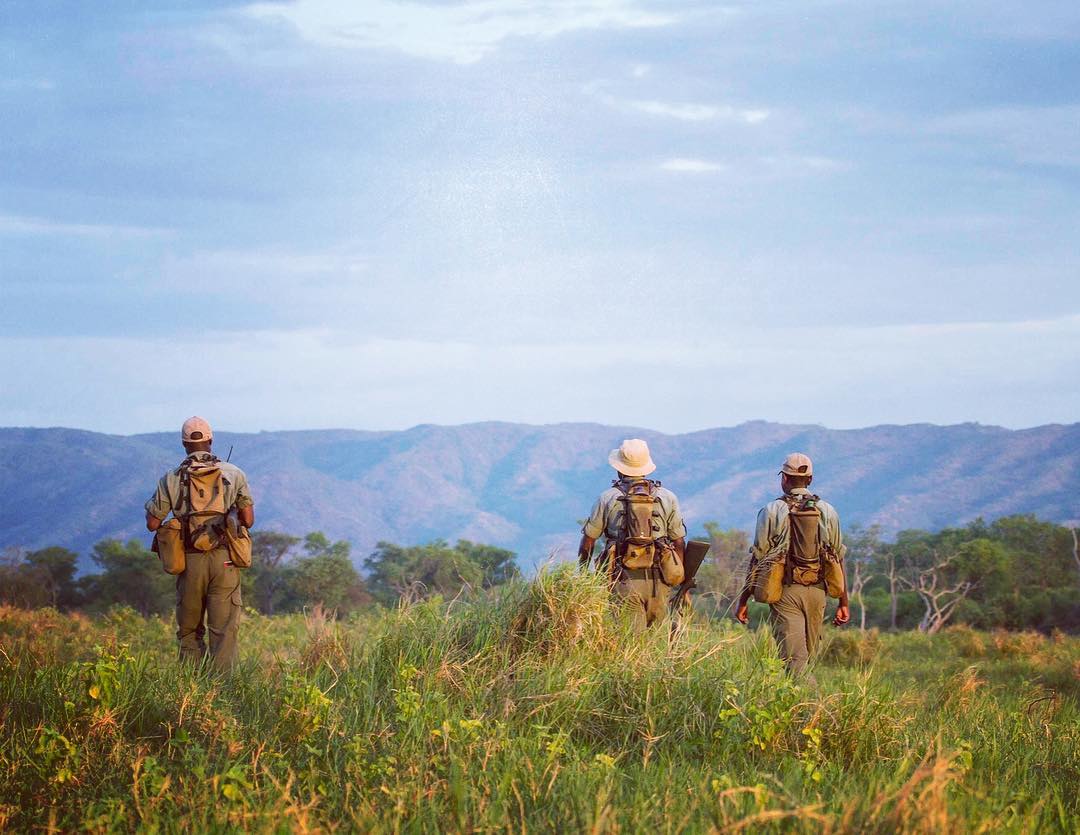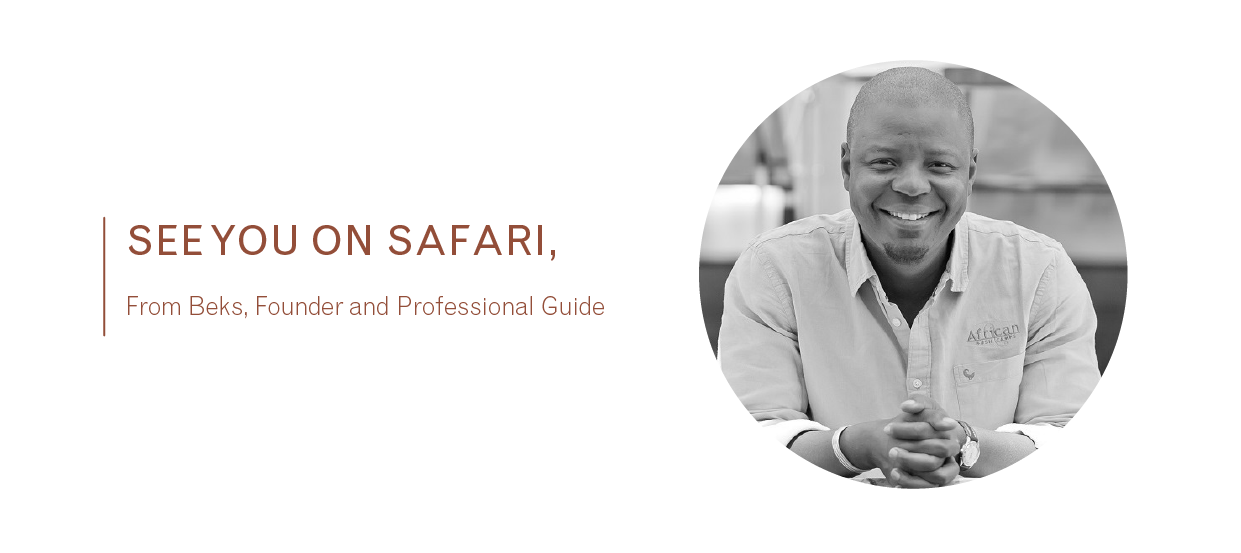Community Support Efforts
African Bush Camps Foundation (ABCF), the nonprofit arm of African Bush Camps (ABC) is striving to improve quality of life among communities in vulnerable wildlife areas surrounding the company’s luxury tented bush camps and lodges. Currently, it manages 42 community-based development projects. Times are tough. ABCF is primarily funded by ABC, which donates $10 for every bed night accommodated at each of its properties in Botswana, Zimbabwe, and Zambia. Due to the pandemic, ABC is hunkering down until they can welcome guests in later in the year. While the company continues to employ its staff at reduced hours, ABCF is seeking grant funding and contributions.
“We are working on keeping our heads above water and our staff safe and healthy right now,” notes Adrienne West, Fundraising Coordinator of the challenges facing ABCF. “With less funding, we still need to ensure that we are operational while continuing to support crucial projects for communities.”
We believe that today more than ever is the time not to withdraw but rather amplify our work in the communities that will be worse off during this time of reduced earnings. The work that we have spent over the last 16 years doing needs to be protected so that it does not get compromised over these months of negative Covid -19.
As ABC waits to welcome guests again from August 1st, here are some of ABCF’s health-related development projects that are particularly worthy of support at this time:
A Tip of the Hat to Tippy Taps
Covid-19 has raised the consciousness of the importance of hand-washing like nothing else. With running water and essential commodities being rare among African bush communities, ABCF has mounted an effort to introduce essential health and hygiene in the form of Tippy Taps. The simple device is assembled with a five-litre container suspended from a stand. A foot-activated lever tilts the container to start water flow; and a bar of soap suspended from a piece of string, enabling public hand-washing without touching the stand and potentially spreading dirt and bacteria.
ABCF’s goal is to install 980 Tippy Taps to provide drinking water to households in rural communities surrounding ABC’s properties. This is coupled with a pilot project to improve food security in Mambanje (near the Hwange National Park, Zimbabwe) whereby backyard semi-scratch chickens will be provided for eggs and meat production. Additionally, 3000 masks will be made and distributed along with alcohol-based sanitizers to communities and rural health centres.
This program will cost ABCF: US$7500.
Learning & Health
ABCF is actively fundraising to help provide and maintain hygiene facilities at the Hwange Main Camp Primary. Hwange is a rural community near the main entrance in the southern portion of Hwange National Park in Zimbabwe. The Camp’s residents are mainly National Parks’ employees and their families. Around 170 households live in a predominantly communal setting. Th The Early Childhood Development Primary School here serves roughly 30 kids.
The ABCF project aims to improve hygiene and sanitation as well as reduce the chances of contracting dangerous water-borne diseases like typhoid & cholera, which are prevalent in the area. Most significantly, the project will create age-appropriate, child-friendly lavatories and a hygiene-education program for students.
ABCF’s fundraising goal for renovating the Hwange Main Camp’s Early Childhood Development Primary School is: $27,000.
Rural Health Center in Zambia
ABCF is partnering with the Maunga Community near ABC’s Thorntree River Lodge to complete a long-awaited Health Centre along the western border of the Dambwa Forest Reserve in Zambia. While the Maunga Community has had a Primary School since 1992, the nearest health centre was roughly 12 miles away in Livingstone. This previously forced community members, including pregnant women, to walk long distances for treatments, maternity care, and childbirth.
The basic structure of the new Health Centre was completed to great jubilation and handed over to the government in September 2019, but it was just a start. This centre serves roughly 3500 people. While the Health Centre now offers a maternity ward, it still lacks electricity and running water. Thanks to a partnership with WaterAid, work is underway to provide clean running water to the Health Centre and a nearby school. Funding is still needed for the solar power system, and staff quarters must be constructed for full-time doctors and nurses to be allocated to the facility.
ABCF’s fundraising goal to complete the Health Centre Maunga Community is: $69 500.
There is more than one way to contribute to the African Bush Camp Foundation’s projects. For details, please visit https://www.globalgiving.org/donate/68391/african-bush-camps-foundation/ or https://africanbushcamps.com/foundation
The Power of Collaboration in Wildlife Conservation
Conservation and Wildlife Fund (CWF)
For ABC CEO, Beks Ndlovu, the power of collaboration has been a significant focus, especially in the last four years. Hence the birth of the Conservation and Wildlife Fund (Hwange). Zimbabwe has been well known for innovative and professional approaches to its precious wildlife. ABC is one of the managing partners, and as the Fund’s chairman, it’s a priority for Beks (and his team) to form part of a body of collaborative operators, scientists, and researchers who have come together to conserve the entire landscape.
During the lockdown, CWF scouts maintain a rife presence in national parks and are adding ‘boots to the ground’ to deter poachers. CWF is in continuous dialogue with state institutions, Zimbabwe Parks, the Wildlife Management Authority (ZPWMA), the Forestry Commission of Zimbabwe (FCZ), and the Zimbabwe Republic Police (ZRP) to share information and support efforts. Due to the lockdown and Zimbabwe’s current economic situation, the FCZ is running low on fuel. This has called for the CWF to utilize its Anti-poaching Units’ resources at two posts.
This comes at a monthly cost of US$8,000.
Monitoring by horse has also been effective. Get involved here: https://www.conservationwildlifefund.org/donate-now/
Anti-poaching with more than one Purpose
ABC is also lending a hand to improve security in the Mana Pools National Park. The park is situated on the southern banks of the Zambezi River in the northern region of Zimbabwe. The company is recruiting eight rangers for the park’s anti-poaching unit to add to an understaffed team (under staffed by 35 personnel) that is needed to cover the park’s vast region. With this recruitment we are establishing an anti-poaching base at the cost of US$50,000 (Funding provided by ABC) including a communication facilities. Aiming to add to these numbers (a total of 115 park rangers are required for maximum effectiveness), ABC will sustain the first eight rangers’ salaries as well as establish a Ranger Protein Programme to provide protein for all the Parks rangers including their families. The latter involves providing the rangers with meat rations they need to sustain themselves and their communities. Usually, a wildlife hunting quota system prescribed rangers to acquire their own meat in the Park. The Protein Programme ensures they have adequate protein without the need to hunt and impact the park’s wildlife. ABC’s ultimate goal is to document tangible and comparative results from the number of animals saved and influence future support from fellow operators, partners, and other commercial organizations in the area.
The running costs for this program is currently at US$10,000 per month. To increase range recruitment we require long term commitment (minimum 24 months) at US$500 per ranger per month.
BHAPU
ABC Foundation has partnered closely with Bumi Hills Anti-Poaching Unit that supports over 12 Rangers who work very closely with the Zimbabwe National Army in protecting the shores of Lake Kariba to curb against wildlife and fish poaching.
Through the collection of conservation levies from tourism, we seek to provide US$20,000 a quarter to support the efforts of the team and that goes to wages, logistics which includes maintenance of boats and vehicles to patrol some of the most rugged terrain where wildlife is vulnerable to incursions.
We remain committed to safeguarding the wildlife and empowering the communities and with your help we can get through this time together. To find out more about these intricate conservation projects we’ve put together an outline of How to Plan a Safari Amidst COVID-19.


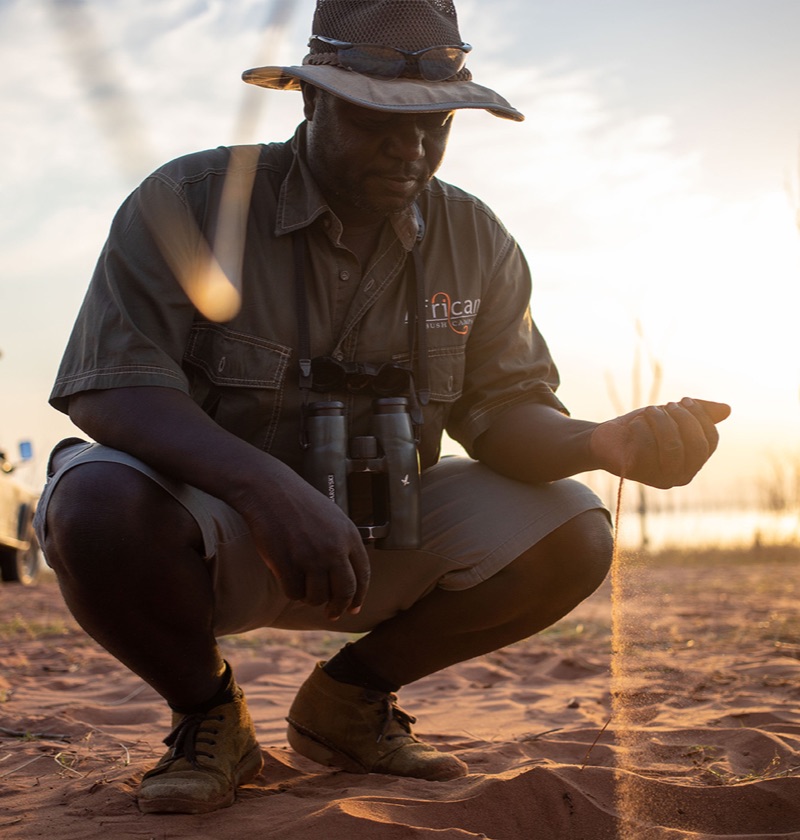

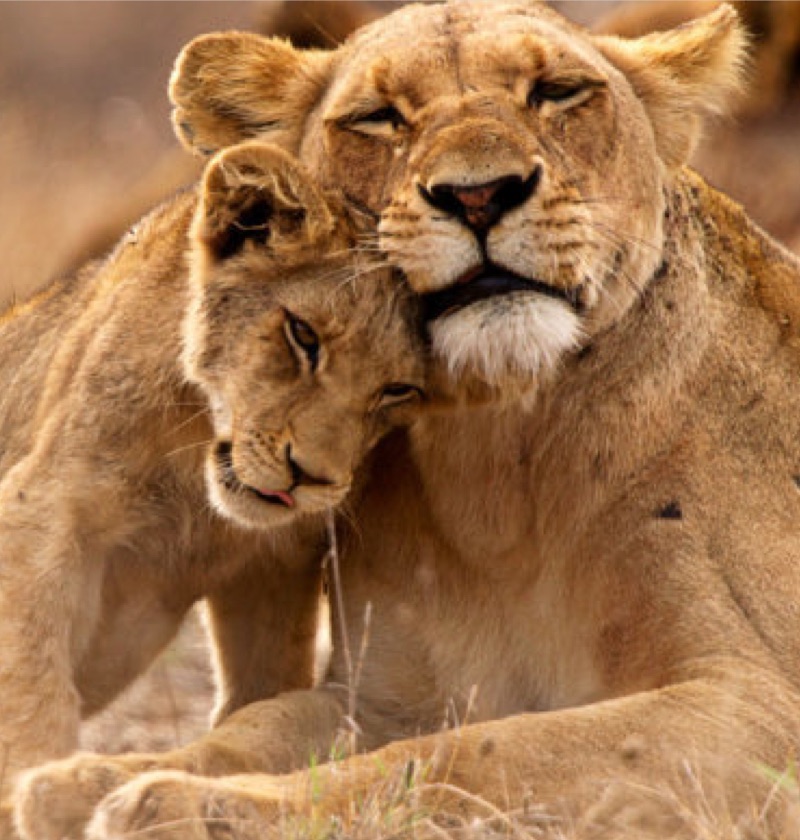

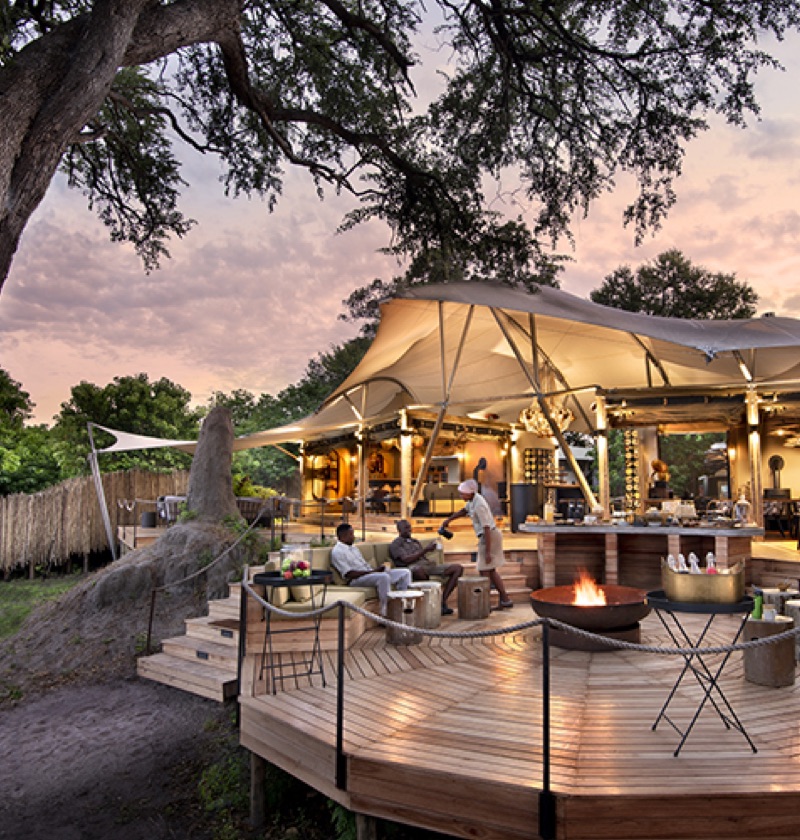

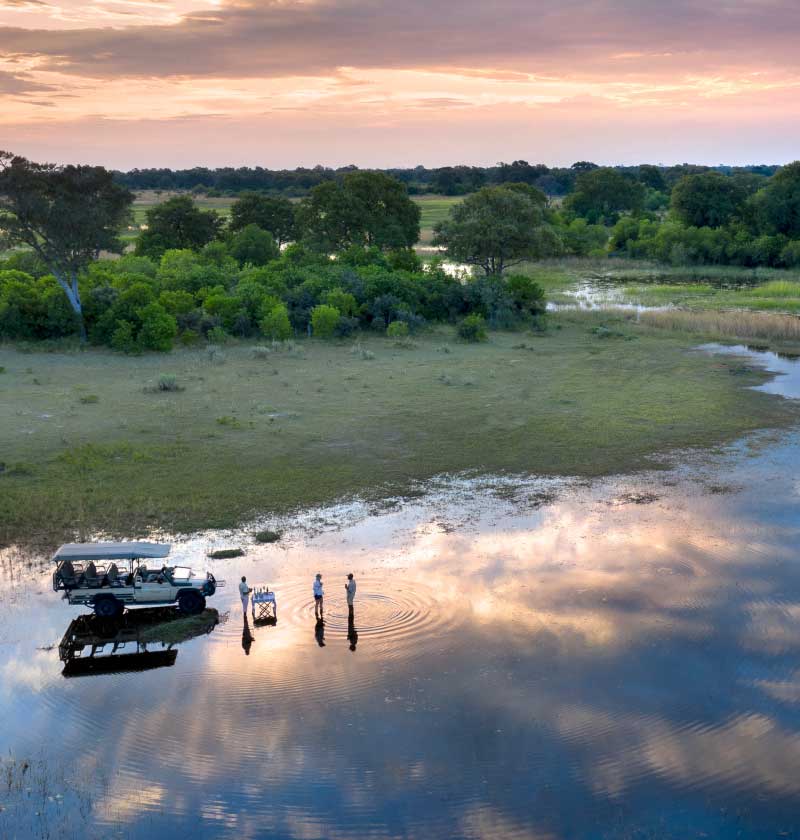


_(5601466470).jpg)
.jpg)
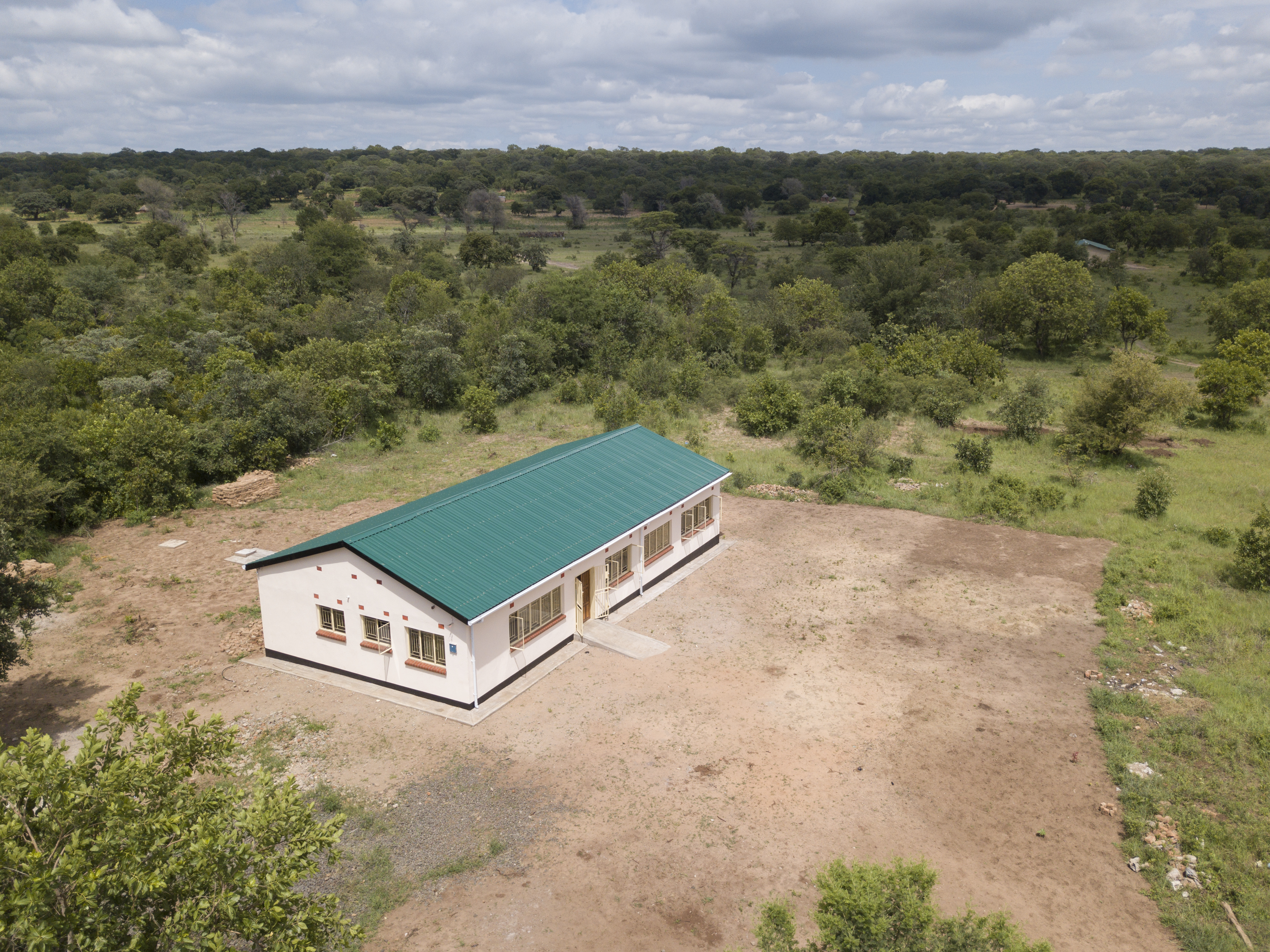
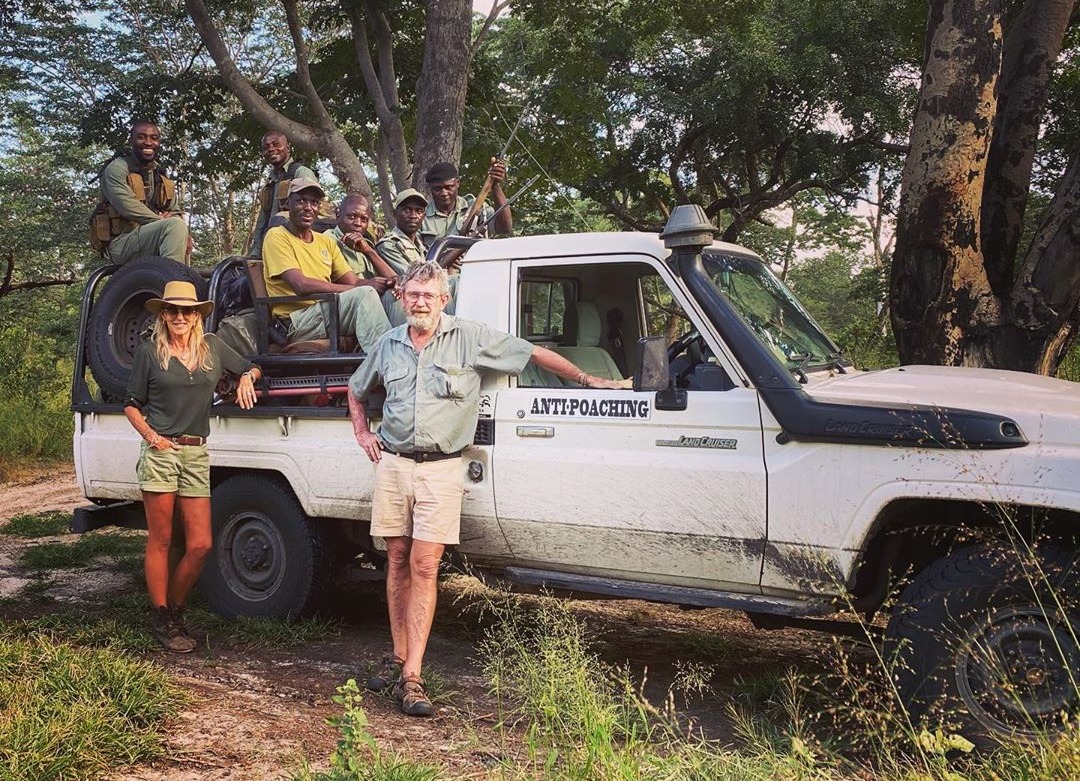
.jpg)
